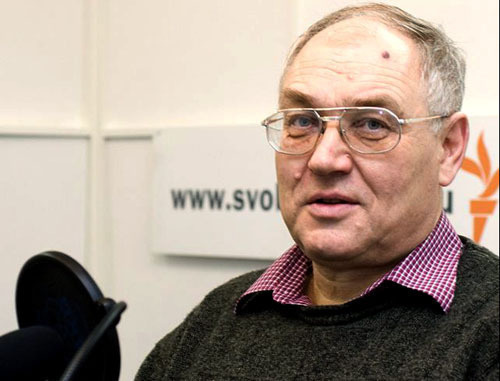
24 February 2014, 01:09
Levada Centre: Russian society is pessimistic about future developments in Northern Caucasus
According to the poll conducted by the Levada Centre, the majority of Russia's population remains pessimistic in assessing the situation in Northern Caucasus and in expectations as to possible developments in the region.
Lev Gudkov, the head of the Centre, believes that the negative expectations stem from the recent terror acts in Volgograd. Ekaterina Sokiryanskaya, the head of the International Crisis Group in Russia, adds that people's fears associated with the preparation and holding of the Olympic Games also played their role. Alexander Cherkasov, the Chairman of the Board of the Human Rights Centre (HRC) "Memorial", has noted that the society has a very vague idea about the real Northern Caucasus.
The above poll was conducted on January 24-27 (in total, 1603 people aged 18 years and up, living in 130 settlements of 45 regions of the country, were questioned).
18% of the respondents treated the situation in Northern Caucasus as calm; 60% of the polled Russian citizens find that it is tense; and 12% believe that it is explosive.
The share of pessimists, who believe that in the future the situation in Northern Caucasus will worsen, has almost doubled compared with 2013, reaching 21%, which is the highest result since 2007.
Meanwhile, Alexander Cherkasov has urged to abandon the view of Northern Caucasus as a degrading and conservative region, stressing that in reality Northern Caucasus and its population are ready for dynamic changes.
Author: Semyon Charny Source: CK correspondent




